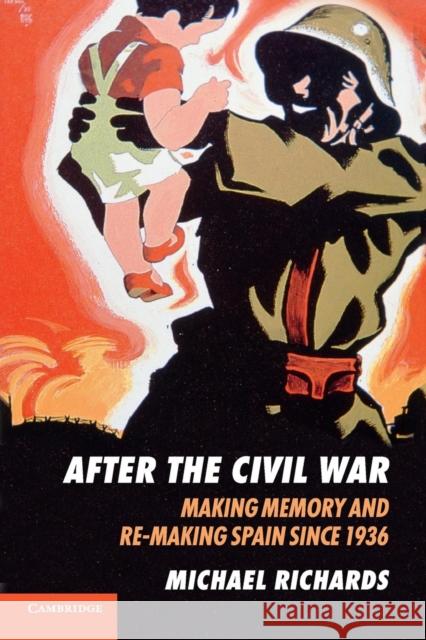After the Civil War: Making Memory and Re-Making Spain Since 1936 » książka
topmenu
After the Civil War: Making Memory and Re-Making Spain Since 1936
ISBN-13: 9780521728188 / Angielski / Miękka / 2013 / 414 str.
After the Civil War: Making Memory and Re-Making Spain Since 1936
ISBN-13: 9780521728188 / Angielski / Miękka / 2013 / 414 str.
cena 154,17
(netto: 146,83 VAT: 5%)
Najniższa cena z 30 dni: 151,07
(netto: 146,83 VAT: 5%)
Najniższa cena z 30 dni: 151,07
Termin realizacji zamówienia:
ok. 16-18 dni roboczych.
ok. 16-18 dni roboczych.
Darmowa dostawa!
Fascinating study of how the memory of Spain's bloody civil war has been contested from 1939 to the present.











